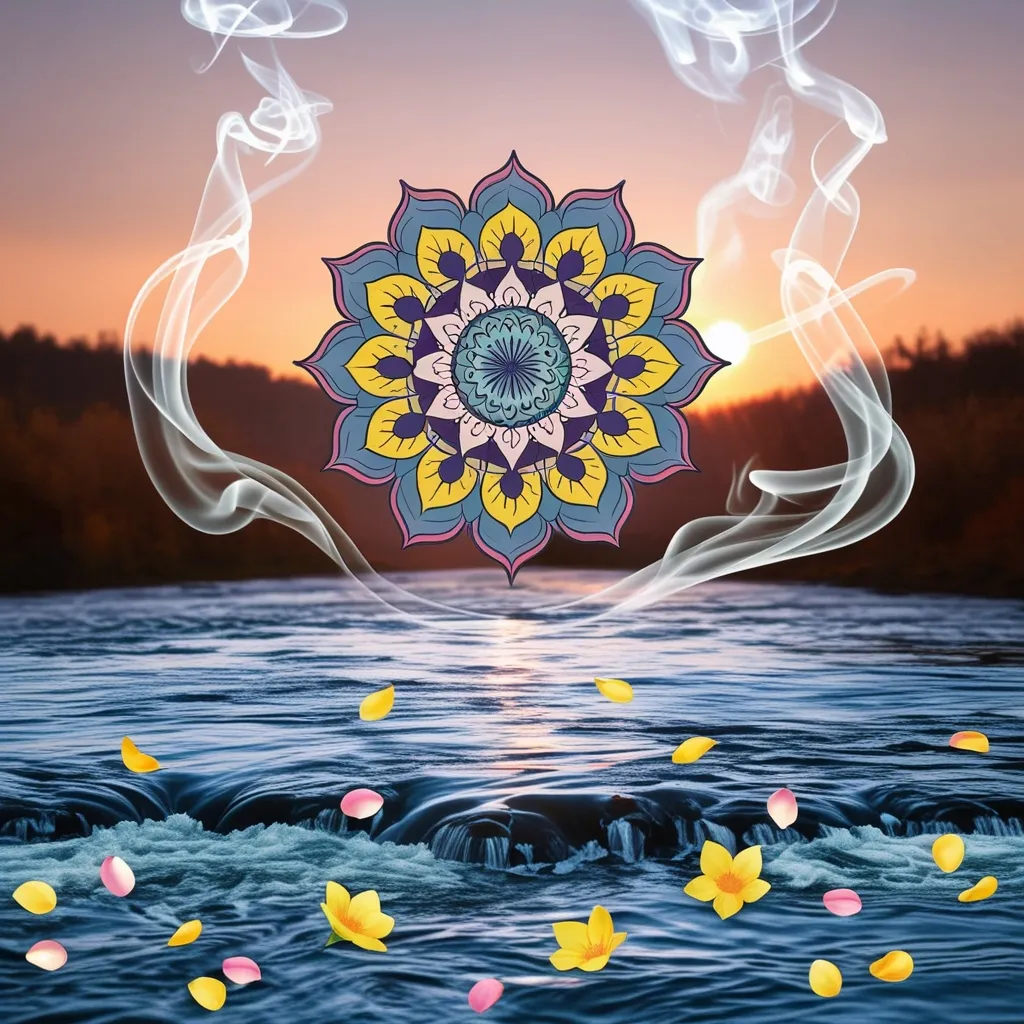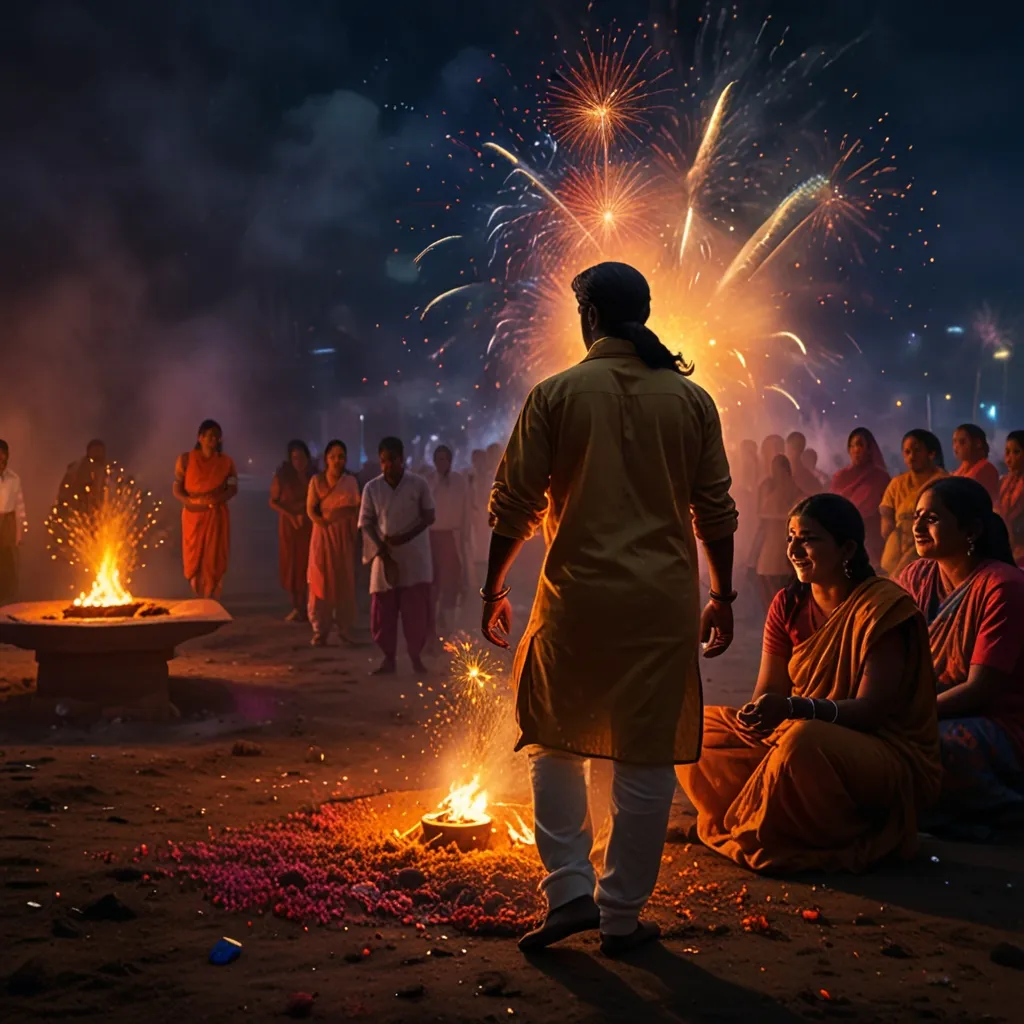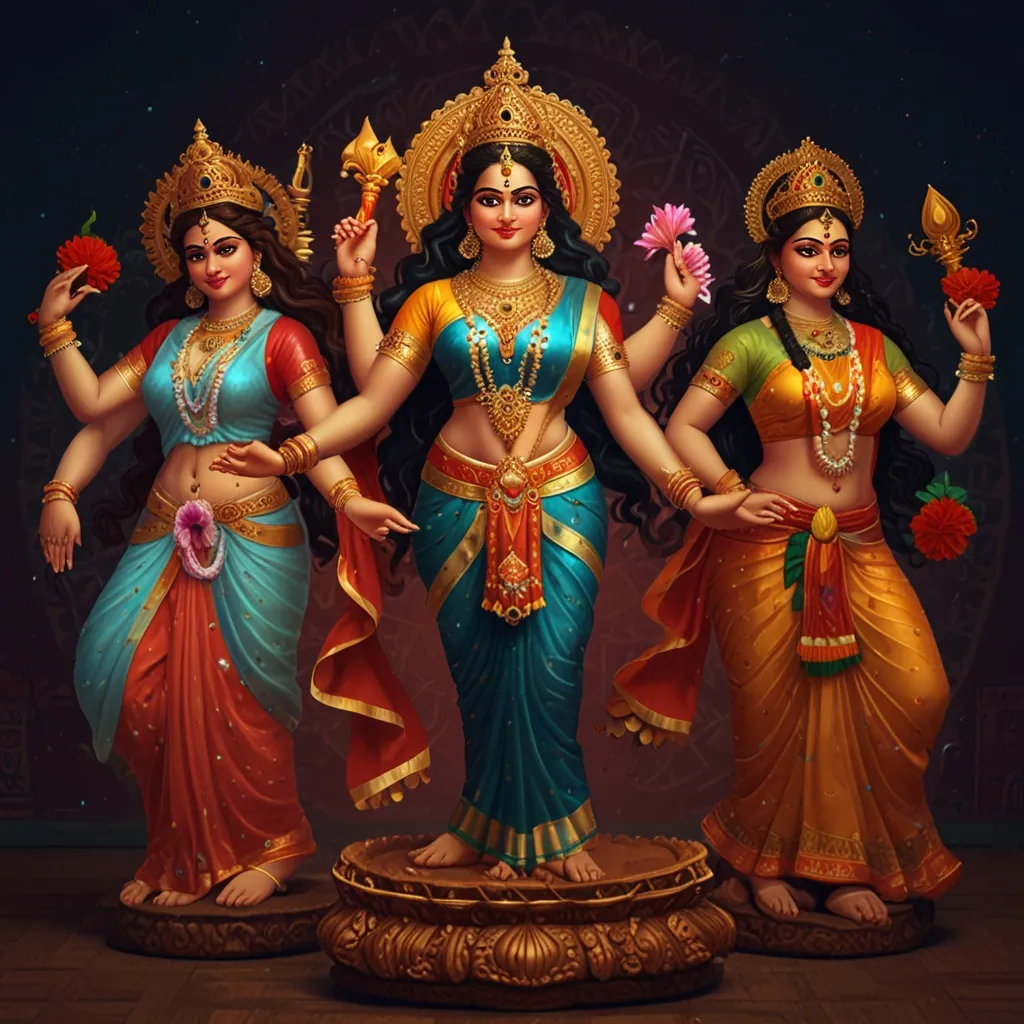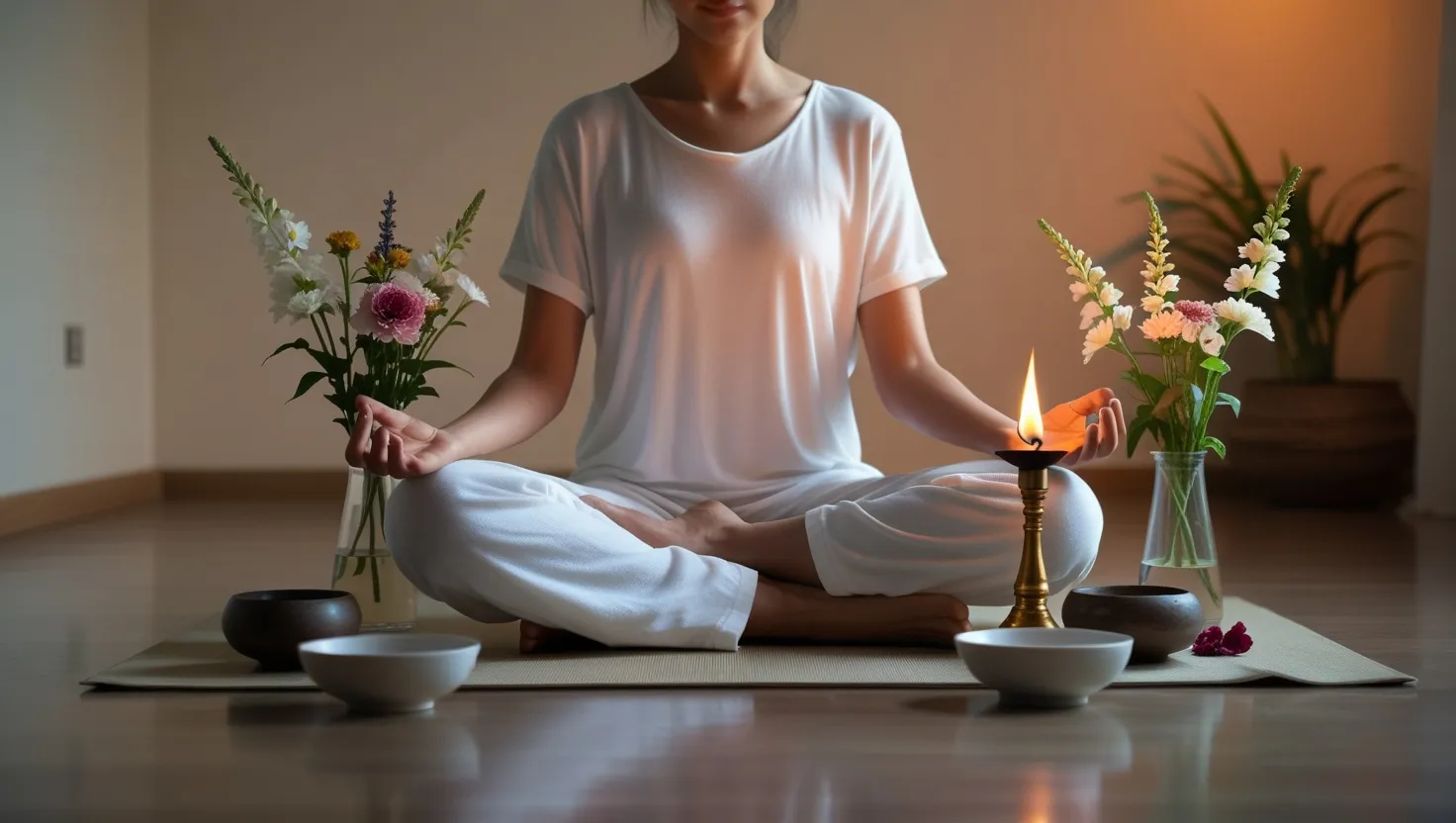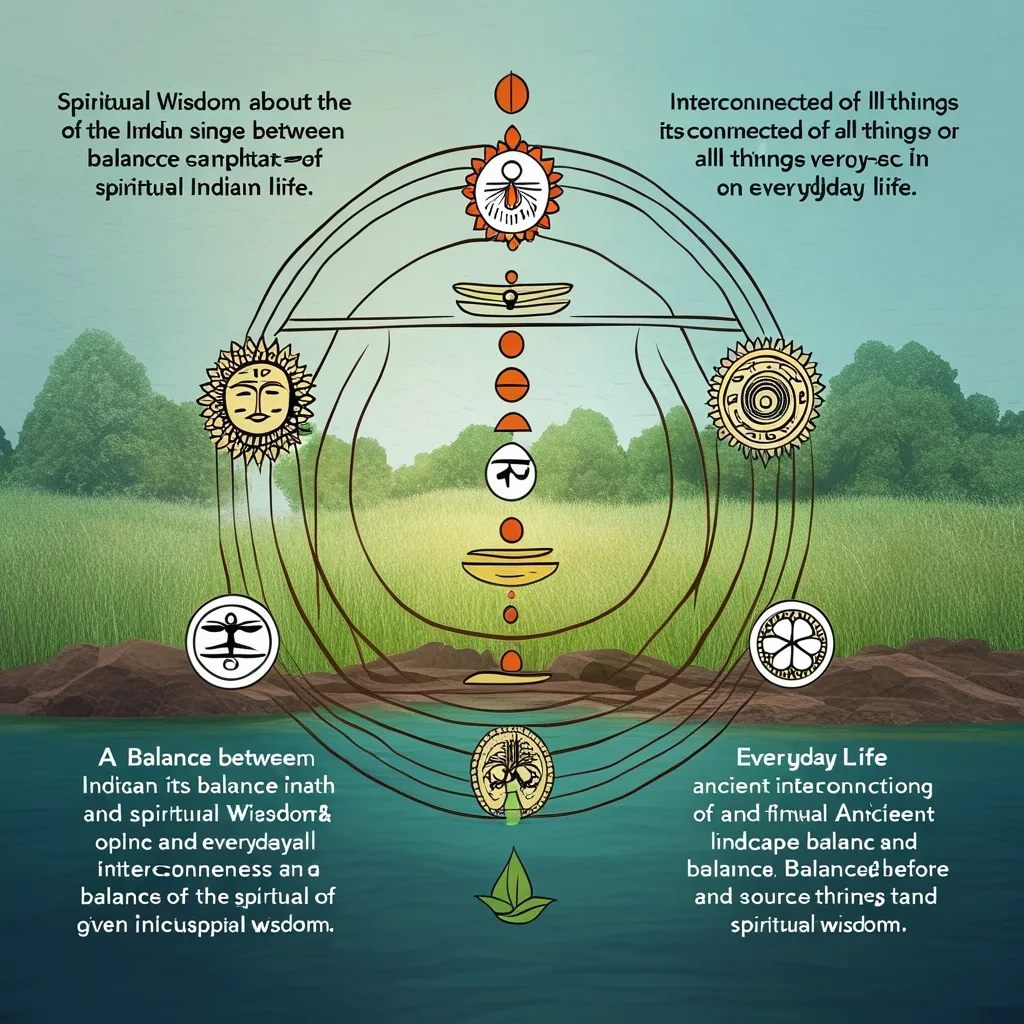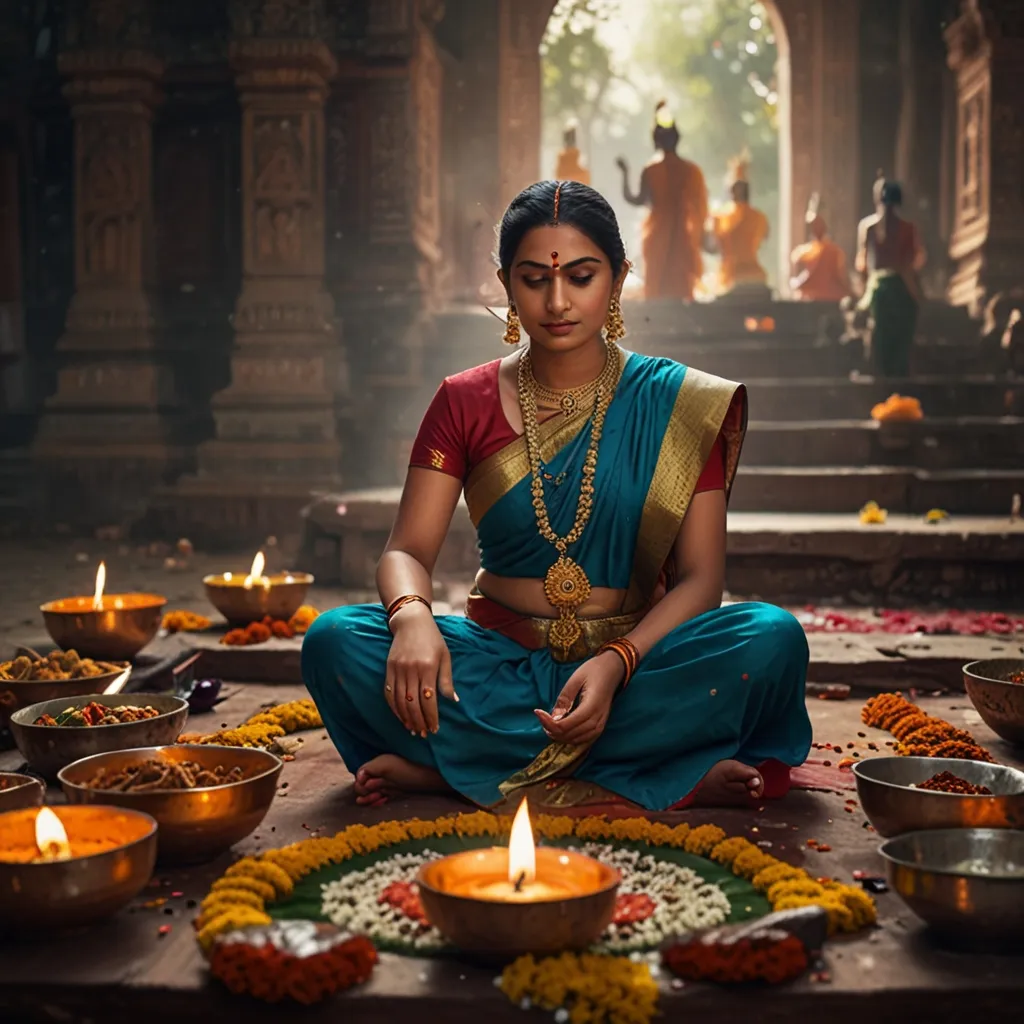Hindu rituals are like the secret sauce that keeps the faith spicy and fresh, even after thousands of years. These ancient practices aren’t just dusty old traditions – they’re living, breathing ways for people to connect with their spiritual side and their community. Let’s dive into seven rituals that are still rocking the Hindu world today.
First up, we’ve got the daily puja. This isn’t your average morning routine – it’s like a personal chat with the divine. Picture this: you wake up, light a lamp, and start chatting with your favorite god or goddess. You might offer them some flowers or fruit, maybe even sing a little tune (that’s what mantras are, basically). It’s like saying “Hey, thanks for everything” to the universe before you start your day.
Then there’s the sandhya, which is like the bookends of your day. It’s a morning and evening ritual that’s all about getting your mind and body in sync. You take a refreshing bath, put on some cool forehead markings, and recite some ancient verses. It’s like hitting the reset button on your spiritual self twice a day.
Now, let’s talk about yajna. This is where things get a bit fiery – literally. You light a sacred fire and make offerings to the gods. It’s not just about asking for stuff, though. Sometimes it’s to celebrate good things, like a new baby or a new job. You toss in some grains, butter, and veggies while chanting some powerful words. It’s like a spiritual barbecue, if you will.
The upanayana is where things get real for young Hindu boys. It’s like a spiritual coming-of-age party. The star of the show is a sacred thread that the boy wears over his shoulder. It’s not just a fashion statement – it’s a symbol of his commitment to growing spiritually. Think of it as leveling up in the game of life.
When it comes to saying goodbye, Hindus have a pretty profound way of doing it. The antyeshti, or funeral rite, is all about helping the soul move on to its next adventure. There’s usually a cremation involved, often by a sacred river like the Ganges. It’s a reminder that in Hinduism, death isn’t the end – it’s just a transition to the next chapter.
Japa is like the Hindu version of a broken record – but in a good way. It’s all about repeating the name of a god over and over. It might sound boring, but it’s actually a powerful way to clear your mind and connect with the divine. It’s like meditation, but with a divine twist.
Lastly, we’ve got the five daily duties. These are like the basic rules of being a good Hindu. You make offerings to the gods, show some love to all living beings, remember your ancestors, be nice to guests, and brush up on your sacred texts. It’s not about ticking boxes, though – it’s about living a life that’s full of gratitude and respect.
Now, you might be thinking, “That’s all well and good, but what’s the point in today’s world?” Well, these rituals are like anchors in a stormy sea of modern life. They give people a sense of continuity, a connection to their roots, and a way to find meaning in a world that often feels chaotic.
Think about it – in a world where we’re always rushing from one thing to the next, these rituals are a chance to slow down and connect with something bigger than ourselves. They’re a reminder that life isn’t just about what we can see and touch – there’s a whole spiritual dimension that we can tap into.
And it’s not just about individual growth. These rituals bring communities together. They create shared experiences and strengthen bonds between people. In a world where we’re often more connected to our screens than to each other, that’s pretty powerful stuff.
But here’s the thing – these rituals aren’t set in stone. Hinduism is a living, breathing faith that’s always adapting to the times. So while the core of these practices remains the same, the way they’re performed might change. For example, a busy professional might do a quick puja in the morning instead of a long, elaborate one. Or a family might use technology to include relatives from around the world in a yajna ceremony.
It’s this flexibility that’s allowed Hinduism to stay relevant for thousands of years. The rituals evolve, but their essence – the connection to the divine, the focus on spiritual growth, the sense of community – remains the same.
And let’s be real – in a world that can often feel materialistic and shallow, these rituals offer a depth that many people crave. They’re a way to explore the big questions of life, to find meaning beyond the daily grind, and to connect with something truly profound.
But it’s not just about the big, life-changing moments. These rituals weave spirituality into everyday life. That daily puja? It’s a chance to start your day with gratitude and positivity. The japa practice? It’s a way to find calm in the midst of a hectic day. The five daily duties? They’re reminders to live with kindness and respect for all beings.
And here’s something cool – you don’t have to be Hindu to appreciate the wisdom in these practices. The idea of taking time each day to connect with something greater than yourself, to practice gratitude, to show kindness to others – these are universal principles that can enrich anyone’s life.
Of course, like any religious practices, these rituals can sometimes become routine or lose their meaning if they’re done without understanding or intention. That’s why many modern Hindus are taking the time to learn about the significance behind these rituals, to understand why they do what they do.
It’s also worth noting that while these rituals are important, they’re not the be-all and end-all of Hinduism. The faith is rich and diverse, with different schools of thought and practices. Some Hindus might focus more on philosophical study, others on devotional practices, and others on social service. The rituals are tools, not rules – they’re meant to enhance spiritual life, not restrict it.
In the end, these seven rituals offer a glimpse into a worldview that sees the sacred in everyday life. They’re a testament to the enduring power of Hinduism – a faith that has managed to stay relevant and meaningful for thousands of years. Whether you’re a devout Hindu or just someone curious about different spiritual practices, these rituals offer food for thought about how we can bring more meaning, connection, and spiritual depth into our lives.
So next time you see someone performing a puja, or hear about a yajna ceremony, or witness a thread ceremony, remember – you’re not just seeing an ancient ritual. You’re seeing a living, breathing practice that continues to shape lives and communities today. It’s a reminder that in our fast-paced, high-tech world, there’s still room for the sacred, the profound, and the deeply spiritual.
